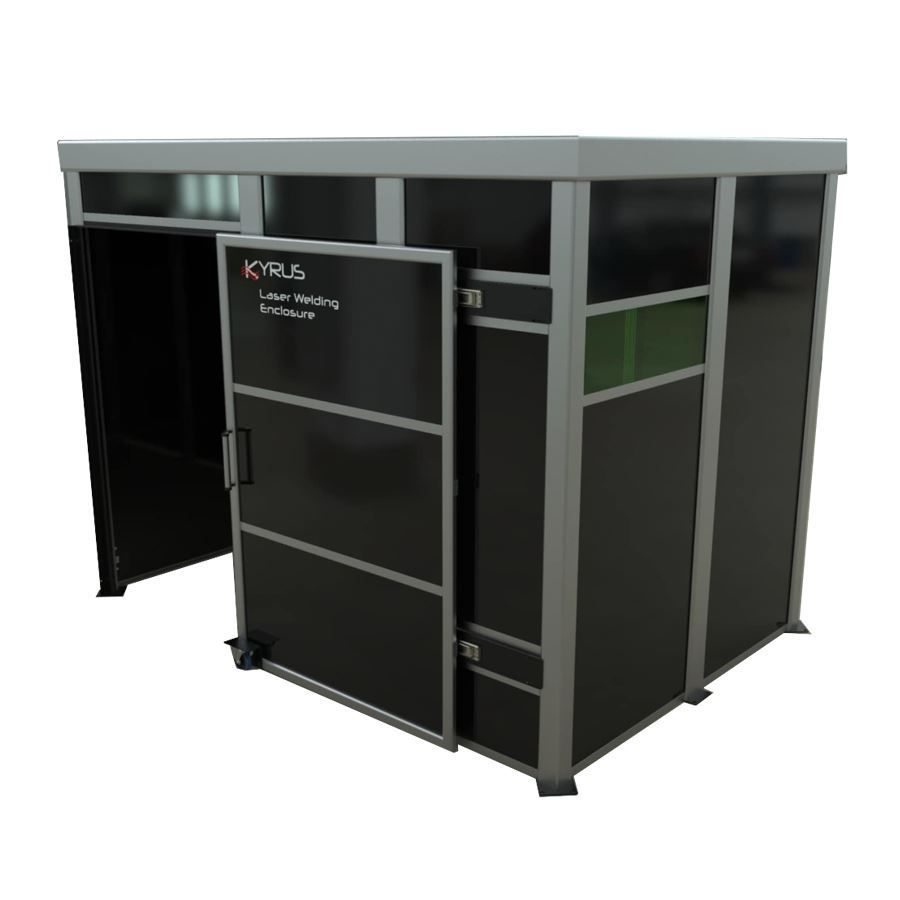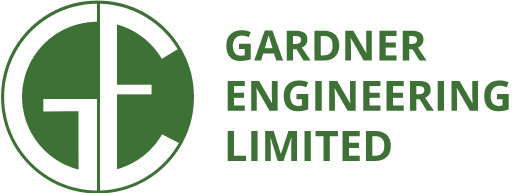
Gardner Engineering is constantly looking for methods to improve both our products and our service. We are keeping in touch with the latest technology to allow us to be able to offer the best product range. Whilst offering you the highest quality of finished products whilst ensuring that we are maintain competitive.
We recently invested in a Laser Welder and thought it would be useful to explain the advantages of Laser welding over MIG welding
Let’s explore the advantages of laser welding compared to MIG welding:
- Precision and Quality:
- Laser Welding: Utilises a highly concentrated laser beam, resulting in precise welds with minimal heat input. This precision leads to improved weld quality, reduced distortion, and less post-processing.
- MIG Welding: While effective, MIG welding may not achieve the same level of precision due to its broader heat-affected zone.
- Speed and Complexity:
- Laser Welding: Outperforms MIG welding in terms of speed and the ability to weld complex geometries. It’s commonly used for mild steel, Stainless Steel and Aluminium materials.
- MIG Welding: Provides better penetration in thicker materials but may require more extensive surface preparation.
- Heat-Affected Zone (HAZ):
- Laser Welding: Creates a small HAZ, minimizing material distortion and maintaining integrity.
- MIG Welding: Generates a larger HAZ due to the broader heat input.
- Material Compatibility:
- Laser Welding: Requires compatible materials; not all metals and alloys can be effectively welded using lasers.
- MIG Welding: More versatile in terms of material compatibility.
- Initial Investment and Skill Requirements:
- Laser Welding: Higher initial cost for equipment and maintenance. Skilled operators familiar with laser welding procedures are necessary.
- MIG Welding: Generally more accessible and cost-effective machines.
In summary, laser welding offers precision, control, and quality advantages, while MIG welding is reliable and efficient for various applications. The choice depends on project requirements and production capabilities.
And now Gardner Engineering Limited has both types of machines.

